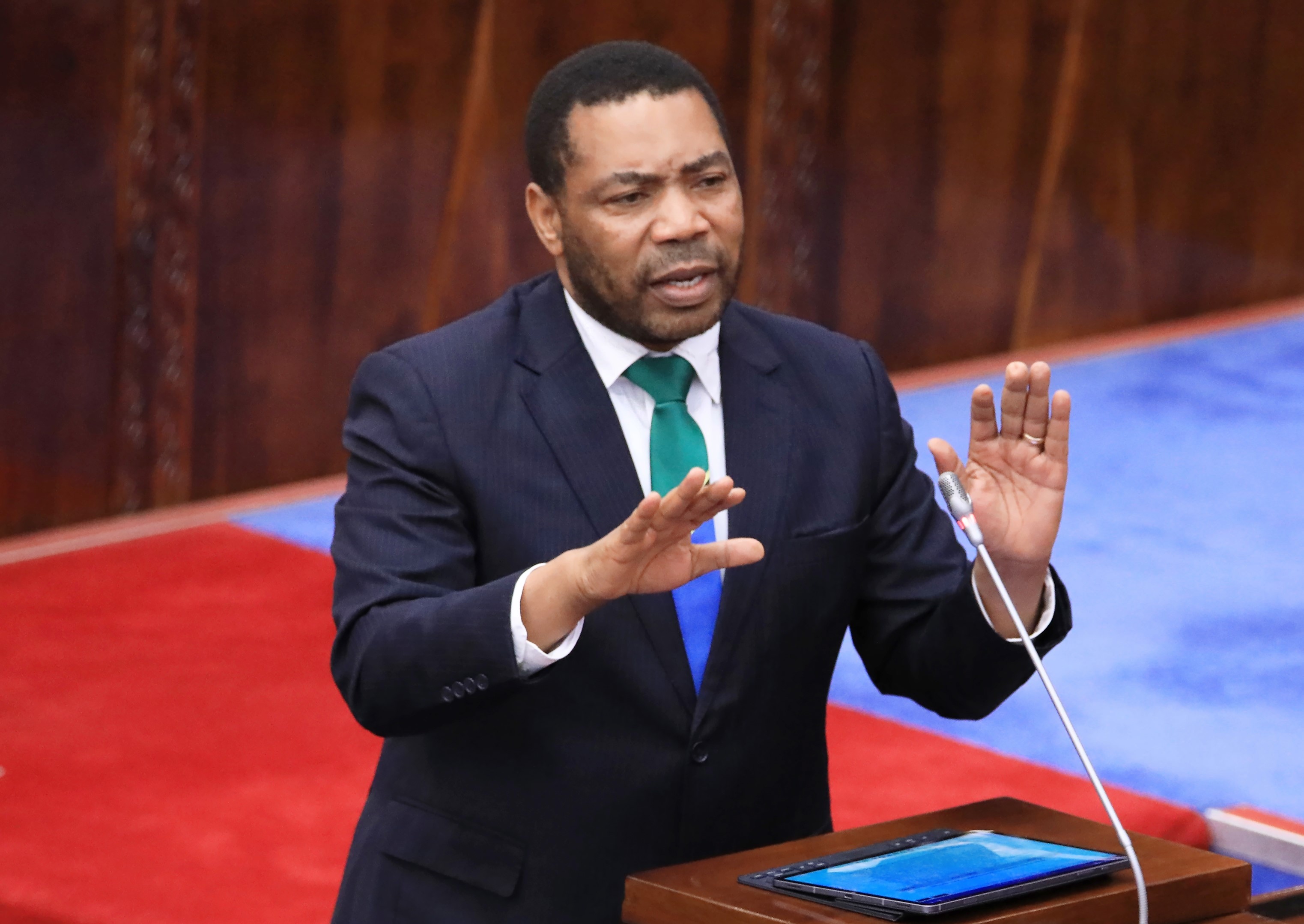Ladwa family feud in court over management of Golden Tulip Hotels

What you need to know:
- They have also accused the businessman of preventing other shareholders and directors from accessing the offices of the company by using private security guards.
Dar es Salaam. The legal dispute over the management of Indian Hotels Limited which owns Golden Tulip Hotels took another twist after the Court of Appeal refused to hear an application that challenges decision of High Court to recognise some shareholders of the company.
The highest court has turned down an application by a businessman, Jitesh Jayantilal Ladwa who has lost the second attempt to overturn High Court’s decision that recognised Dhirajilal Walji Ladwa, Chandulal Walji Ladwa and Nilesh Jayantilal Ladwa as directors of the company.
Jitesh is one of shareholders to various companies owned and operated by Walji Ladwa’s family.
Other shareholders in the company have accused him of mismanaging the company affairs and refusing to recognise them.
They have also accused the businessman of preventing other shareholders and directors from accessing the offices of the company by using private security guards.
High Court hears the dispute
After many months of twists and turns over the company, the three respondent-Dhirajilal, Chandulal and Nilesh-successfully petitioned the High Court in 2020 to restore their status in the firm.
They had asked the court to declare that that the conduct and operation of Jitesh were unlawful and prejudicial to the interest of the company.
They had also asked the court to declare them shareholders, directors and members of the company.
Mr Jitesh strongly resisted the petition which is still pending in the commercial division of the High Court.
He argued that the case was flawed and unsustainable for lack of supporting affidavit to verify the petition. He asked the court to dismiss the petition which he believed could also affect another matter pending in court.
After hearing the parties, Judge Deo Nangela sided with the petitioners and declared them shareholders and director of the company.
The court held that recognising the respondents complied with section 233 (1) of the Companies Act, which allows only a member of a company to petition the court if they believed their company was being mismanaged.
Jitesh in Court of Appeal
In attempts to overturn the High Court decision, Jitesh filed his first application in the Court of Appeal and asked the top court to revise the decision of the High Court that recognised co-directors.
He argued that the judge erred when he declared that the respondents were shareholders and directors of Indian Ocean Hotels Limited while the parties were yet to be heard.
He further argued that the judge erred when he ruled that the petition before him was not under judicial consideration and, therefore, prohibited from being entertained elsewhere.
Having heard the parties, the top court sided with the respondents, saying recognising the directors before the matter was heard was mere introduction to the parties in compliance with section 233 (1) of the Companies Act.
The provision of the law allows only members to petition the court if they feel affairs of their company were being mismanaged.
Jitesh was aggrieved by the decision and filed the second application in the Court of Appeal, this time asking the court to review its own ruling
He argued in the second application that the court erred when it failed accept the fact that recognising the petitioners as shareholders and directors of Indian Ocean Hotels Limited was not a mere introductory remark but went to the root of the entire dispute.
It was his contention that membership and directorship of the petitioners was one among the contested issues in a case that was pending for determination at the same court.
Mr Jitesh was represented by Mr Jeremia Mtobesya while Mr Richard Rweyongeza appeared for the respondents.
Application dismissed
Justices of appeal---Gerald Ndika, Panterine Kente and Othman Makungu have recently dismissed application by Jitesh, saying the issue of respondents being or not being directors and shareholders of Indian Ocean Hotels Limited did not affect a case pending in court as the parties had not been heard on the matter.
“It is needless to say at this stage that the issue of respondents being or not being directors and shareholders of the second respondent requires resolution through the conventional judicial process of hearing both parties to the suit,” said the judges.
The judges referred section 5 (2) (d) of the Appellate Jurisdiction Act (AJA) that prohibits appeal or applications for revision against any preliminary or provisional decision or order of the High Court if such a decision or order has no effect of finally determining the suit.
Although they agreed that the judge declared the respondents directors of Indian Ocean Hotels Limited prematurely, their holding did not mean any relief for the businessman.
“We find it that by any stretch of imagination, these grounds cannot per se form the basis of a review. We accordingly dismiss them. We wish to point out that, in fact, in an ironic manner, the applicants are essentially asking the court to put a foot wrong where it had got it right.
“In our respective view, what should not be in doubt here is the untold fact that, either the applicant is aggrieved by the impugned decision of the court, now, once again he is determined to have it overturned despite this being the final court of the land or else…
“…if we may be pardoned to say so, they are bent on delahing the hearing and final determination of the petition which is still pending before the High Court…,” said the judges.
Citing the case of Blueline Enterprises Ltd versus The East African Development Bank, the court insisted that a mere disagreement with the view of the court’s decision cannot form the grounds for review and the parties cannot challenge such a decision in the guise that an alternative view is possible under the review jurisdiction.
In a case that is still pending in the commercial division of the High Court, the three shareholders have asked the court to permanently restrain Jitesh from entering the offices of the company and taking part in management of the affairs of the company.
They have also asked the court to order civil proceeding against Jitesh to compel him account for alleged loses and business distortions incurred as the result of misappropriation of the company’s funds and mismanagement of the company.
They have also sought an order to compel the businessman to vacate the office and business premises to be used by the company only and relocate his personal business ventures from the company’s premises.


